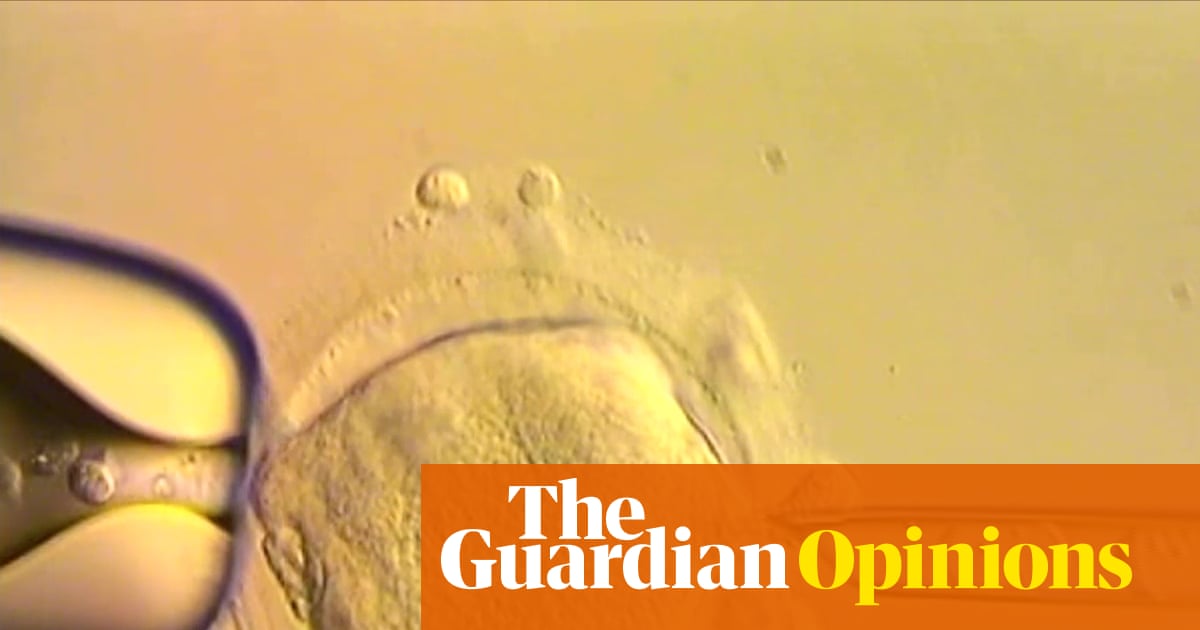T4K3.news
Milestone in mitochondrial donation achieved
Eight babies born free from mitochondrial disease through innovative UK research.

The UK has made a significant breakthrough in mitochondrial donation, offering hope to families affected by inherited disorders.
UK scientists celebrate milestone in mitochondrial donation
Eight babies have been born healthy and free of mitochondrial disease as a result of groundbreaking research at the Newcastle Fertility Centre. This innovative approach using mitochondrial transfer technology became available in the UK after parliamentary changes in 2015. The process involves the genetic material from three individuals: the mother's egg, a donor's egg, and the father's sperm. While the technology has shown success, it also raises ethical questions, especially given its restriction in countries like the US and France because of potential long-term consequences.
Key Takeaways
"Mitochondrial disease is one of the most common inherited disorders affecting families."
This quote emphasizes the prevalence of mitochondrial disease, making the research particularly significant.
"The lab-mixed DNA will be passed to future generations, with who knows what consequences."
This quote highlights the concerns surrounding human germline genetic modification and its unknown effects.
"This is still experimental technology and caution is absolutely valid."
The speaker acknowledges the necessity of careful consideration when applying new genetic technologies.
The advancement in mitochondrial donation highlights a significant scientific achievement but also reflects a broader tension between innovation and ethics. Concerns exist not only about the genetic implications for future generations but also about accessibility. While wealthy families can utilize this technology, the potential lack of NHS support poses a risk of inequality in healthcare. The situation challenges the notion of who gets to benefit from scientific progress and sets the stage for a conversation about regulation in genetic engineering.
Highlights
- Innovation in genetics brings hope to many families.
- Caution remains vital in the face of medical breakthroughs.
- The future of genetic engineering is fraught with challenges.
- Equal access to groundbreaking treatments is a pressing concern.
Ethical and accessibility concerns highlighted
While mitochondrial donation offers hope, ethical implications and unequal access raise concerns. Wealth disparities may limit who can benefit from this technology.
Understanding the implications of this technology will be crucial as it moves forward.
Enjoyed this? Let your friends know!
Related News

Mitochondrial disease IVF breakthrough announced

New babies born using three parents technique

Eight babies born using DNA from three people

Eight babies born from new IVF treatment
Rigetti Achieves Significant Quantum Computing Milestone

Trump signs new laws to regulate cryptocurrency

Mission: Impossible 8 Achieves Significant Box Office Milestone

Sinners Surpasses $275 Million at Box Office
